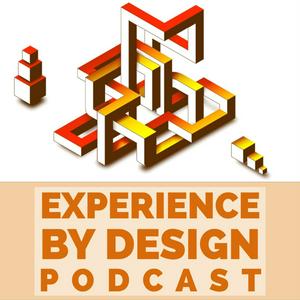Better Sales Experiences with Doug C Brown
I’m lucky enough to live in a spot where there are a lot of trails that I can enjoy whether running, walking, biking, and even snowshoeing if we get enough snow. No matter what I am doing, I have one simple rule: if there is a friendly dog on the trail, I must stop to pet it. The opportunity to pet and engage with random dogs is one of the things that just brings me a lot of happiness. It is hard for me to understand those who are not “dog people”, especially since I mostly prefer dogs to people. I’m a sucker for dogs. It turns out that those cute faces that dogs make and the way they endear themselves to us is not by accident, but by evolution. Being cute helps them to worm their way into our worlds. In that way, dogs are a bit of a salesperson, selling us on giving out treats, walks, toys, outfits, food, cuddles, and all kinds of pampering. I mean, sales is just about convincing someone of a course of action. Dogs are great at this, or at least they are to me because I am such an easy mark for dogs because they play on my emotions. In preparing this, I hesitated at connecting dogs with sales because dogs are revered people and sales people less so. In fact, you could say that sales has a bad rap. Rather than seeing sales as a way of getting people what they need, sales is often viewed as a way of convincing people to get things that they don’t need and will not be helpful. But our guest today is here to talk about how when sales is done well, it is a win-win-win situation. Doug C. Brown has spent a career trying to do sales right, creating positive experiences for customers and sellers alike. Doug talks about how sales is probably the world’s “oldest profession.” He also talks about the challenge of overcoming the bad rap of selling to get to a better outcome for customers. He describes how the metrics being tracked often are not those connected to CX success, which lead to worse outcomes. He finally takes us on the long strange trip of starting out as a vocal major at Berklee College of Music, moving to nuclear medicine, serving in the Army for 12 years, and finally ending up in sales (all of which have more in common than you might think!).LinkedIn: https://www.linkedin.com/in/dougbrown123/CEO Sales Strategies: https://ceosalesstrategies.com/
